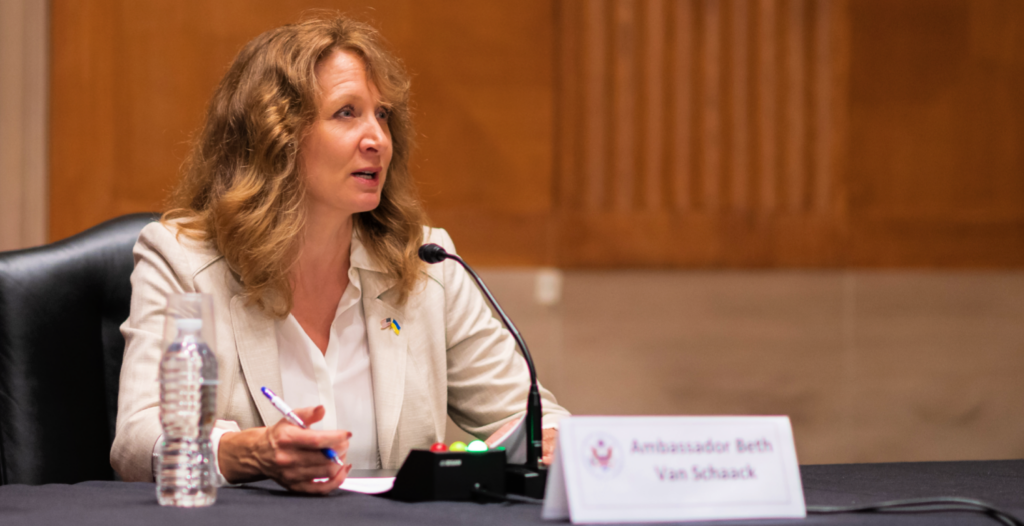This briefing addressed the policy pursued by the Czechoslovak Government during the 1970s and 1980s to reduce the birthrate of Roma by targeting some Romani women for sterilization. Although it was generally assumed that the practice of sterilizing Romani women without their consent had stopped after the fall of communism, allegations that this practice had not definitively ended persisted throughout the 1990s, in both the Czech Republic and Slovakia. The Commission expressed concern over this issue, especially in light of the head of the Slovak Nationalist Party calling for the restriction of the birth rate of Roman as recently as February of 2006.
Gwendolyn Albert, Director of the League of Human Rights in Prague, presented testimony on the League’s efforts to secure justice for ethnic Romani women living in the Czech Republic who were coercively sterilized. This issue was presented in the context of overall human rights violations committed against the Romani minority in the Czech Republic, ranging from racially motivated murder to discrimination in employment and housing.





